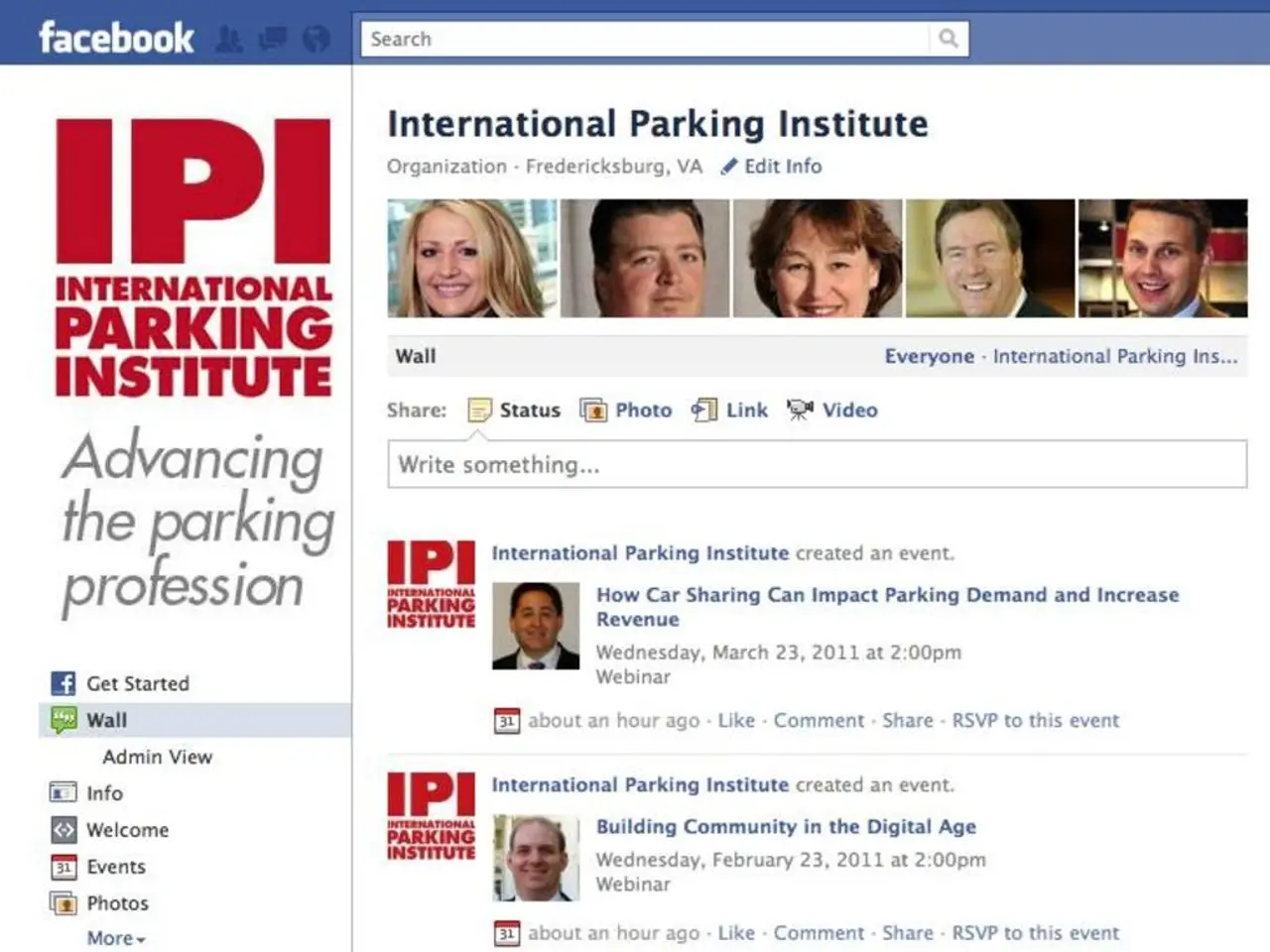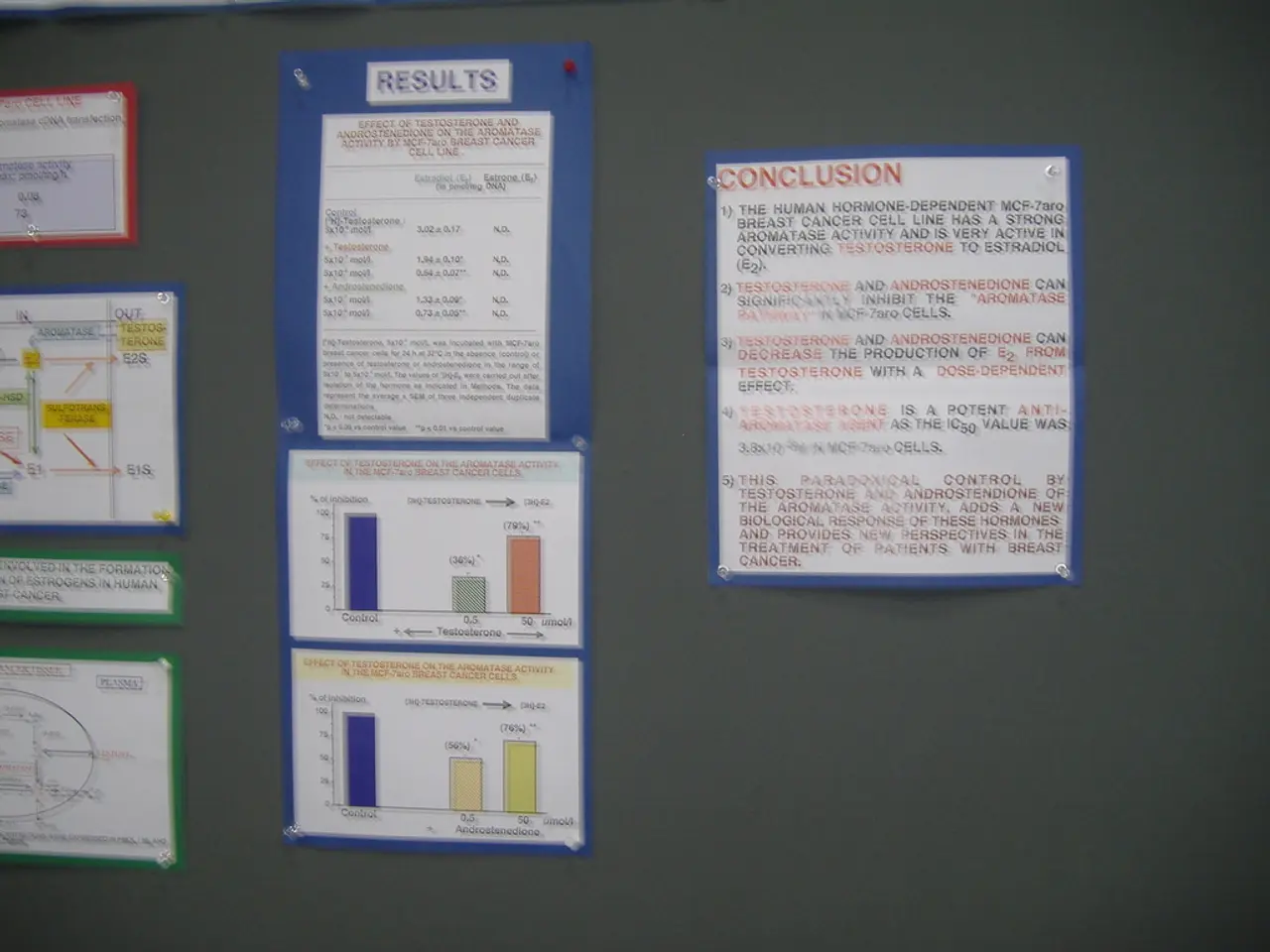Millennial Work Habits Explored
Millennials: A Generation Defined by Technology and Economic Turbulence
The Millennial generation, often referred to as Generation Y, is a cohort born between 1981 and 1996, according to the Pew Research Center [3][4][5]. This definition sets them apart from Generation Z, who were born from 1997 onward [2][3][4].
Millennials are often characterised as 'digital pioneers', growing up largely offline but adapting early to digital technologies [4]. This technological shift has significantly shaped their lives, from communication and entertainment to education and work.
Their formative years also coincided with significant economic events, such as the Great Recession, which began roughly around 2008-2010 [6]. Most millennials entered the workforce during this period, which has likely influenced their career goals and work ethic [7].
Research suggests that millennials, on average, have a higher level of entitlement compared to Generation X [8]. However, it's essential to note that this trait can be more attributed to the stage of life rather than permanent generational attitudes [9].
Politically, millennials have shown distinct preferences. In the 2008 presidential election, 66% of millennials voted for Barack Obama [10]. On the other hand, in 2016, President Donald Trump had little support from millennials, with only 27% approving of his job performance [4].
Demographically, millennials are larger and more ethnically diverse than previous generations. They are more likely to support interracial marriage and same-sex marriage, with 85% and 73% supporting these causes, respectively [11].
Millennials were between the ages of 5 and 20 during the 9/11 terrorist attacks, an event that many of them comprehended the historical significance of [12]. This shared experience has likely influenced their political and social views.
Some people recognise a microgeneration between millennials and Generation X, known as Xennials. Xennials, born between 1977 and 1983, are characterised by attending high school pre-Columbine and being very comfortable with technology and social media but remembering a time before it completely dominated everyone's lives [13].
It's worth mentioning that the authors of the seminal book about this generation, "Millennials Rising" by Neil Howe and William Strauss, settled on the name "millennials" because it didn't put them in the shadow of a previous generation [14].
In 2015, a poll revealed that 73% of millennials supported same-sex marriage, a much higher rate than for Gen X and boomers [15]. Moreover, compared to older generations, millennials are less religious, but black millennials are significantly more religious, with 61% reporting daily prayer [16].
As of 2016, there were approximately 71 million millennials in the U.S. [2]. The millennial generation is expected to surpass the numbers of baby boomers in 2019 [17].
In conclusion, the Millennial generation, born between 1981 and 1996, is a unique cohort defined by their digital nativity, economic experiences, and social values. Their shared experiences, such as the Great Recession and the 9/11 terrorist attacks, have significantly shaped their political and social views. As they continue to grow in numbers and influence, understanding the Millennial generation is crucial for navigating the future.
References: 1. Pew Research Center 2. CNN 3. The Washington Post 4. The New York Times 5. The Atlantic 6. The Balance Careers 7. Forbes 8. Psychology Today 9. Harvard Business Review 10. Pew Research Center 11. Pew Research Center 12. USA Today 13. The Washington Post 14. The New Yorker 15. Pew Research Center 16. Pew Research Center 17. Pew Research Center
- Millennials, with their background in technology and economic instability, have shown a keen interest in utilizing digital platforms not only for communication and entertainment but also for education and self-development.
- This generation's exposure to significant historical events such as the 9/11 terrorist attacks has undeniably impacted their perspective on culture, lifestyle, and the environment.
- The impact of technology on millennials' lives extends beyond personal aspects, affecting their health priorities, with a growing focus on technological solutions to health concerns.
- Given their demographic diversity, the millennial generation demonstrates an open-minded approach to social issues, advocating strongly for education rights, equal opportunities, and acceptance in various aspects of society.




